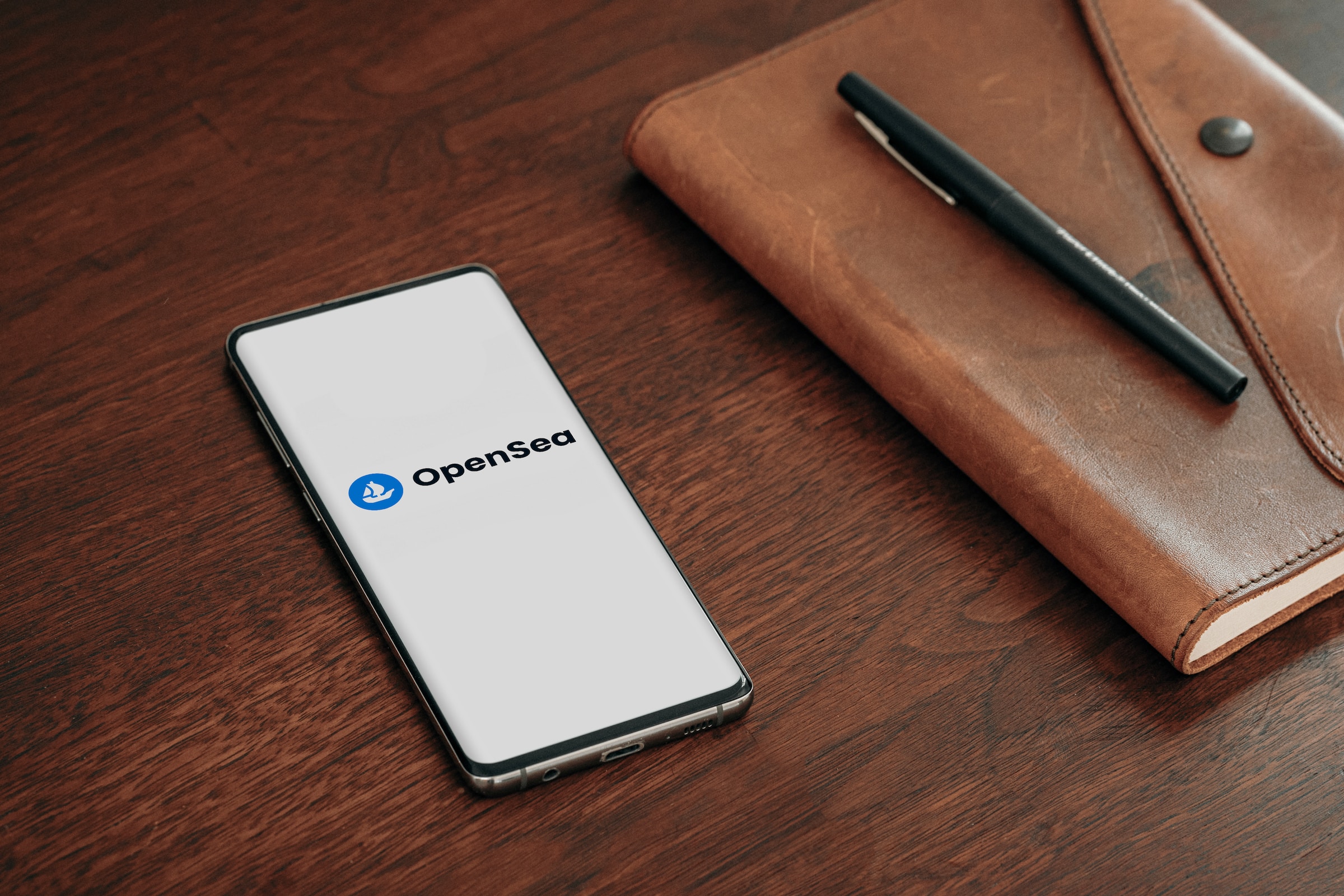OpenSea scraps its compulsory royalty payments in the wake of Blur's ascendance. Blur, a no-fee NFT trading platform, took the lead in February. As OpenSea's strategies falter, Blur continues to captivate creators, further weakening the market for NFT-linked art.
The overall trading volume of NFTs has drastically declined, from $5.36 billion in January 2022 to $410 million in August, according to The Block. OpenSea's share of the struggling market has plunged to under 30%.
Unlike OpenSea, the once-leading marketplace for NFT-linked art, Blur does not charge platform processing fees, attracting creators and sellers alike. The absence of royalty agreements on Blur's platform also weakens the allure of creating NFT-linked artworks, coupled with the plummeting prices of computer-generated art associated with tokens.
In an attempt to rival Blur, OpenSea introduced an operator filter, enabling NFT creators to restrict their tokens' sale in marketplaces that do not enforce royalties. However, this strategy backfired as market forces favored Blur.
Traders seeking quick returns dismissed the concept of royalties. That eventually led to a steep decline in OpenSea's trading volume, which dipped to 27% in August.
Even OpenSea Pro, the fee-free aggregator launched as a direct competitor to Blur in April, failed to capture market share. In August, it accounted for only 33% of trading volume on NFT aggregators, with 63% of trades occurring on Blur, as per Dune Analytics data.
OpenSea lost market share to Blur and operates within a smaller market. NFT trading peaked at $16 billion in January 2022 but has since experienced a significant decrease. In August, the total trading volume plummeted to $559 million, marking a more than 60% decline compared to last year.
As the NFT landscape continues to evolve, OpenSea faces mounting challenges and an uncertain future in the face of stiff competition from Blur and an overall diminishing market.
Photo: PiggyBank/Unsplash



 Asian Stocks Slip as Tech Rout Deepens, Japan Steadies Ahead of Election
Asian Stocks Slip as Tech Rout Deepens, Japan Steadies Ahead of Election  Dollar Near Two-Week High as Stock Rout, AI Concerns and Global Events Drive Market Volatility
Dollar Near Two-Week High as Stock Rout, AI Concerns and Global Events Drive Market Volatility  Japanese Pharmaceutical Stocks Slide as TrumpRx.gov Launch Sparks Market Concerns
Japanese Pharmaceutical Stocks Slide as TrumpRx.gov Launch Sparks Market Concerns  Nasdaq Proposes Fast-Track Rule to Accelerate Index Inclusion for Major New Listings
Nasdaq Proposes Fast-Track Rule to Accelerate Index Inclusion for Major New Listings  SpaceX Prioritizes Moon Mission Before Mars as Starship Development Accelerates
SpaceX Prioritizes Moon Mission Before Mars as Starship Development Accelerates  Oil Prices Slide on US-Iran Talks, Dollar Strength and Profit-Taking Pressure
Oil Prices Slide on US-Iran Talks, Dollar Strength and Profit-Taking Pressure  Bank of Japan Signals Readiness for Near-Term Rate Hike as Inflation Nears Target
Bank of Japan Signals Readiness for Near-Term Rate Hike as Inflation Nears Target  South Africa Eyes ECB Repo Lines as Inflation Eases and Rate Cuts Loom
South Africa Eyes ECB Repo Lines as Inflation Eases and Rate Cuts Loom  Vietnam’s Trade Surplus With US Jumps as Exports Surge and China Imports Hit Record
Vietnam’s Trade Surplus With US Jumps as Exports Surge and China Imports Hit Record  Trump Lifts 25% Tariff on Indian Goods in Strategic U.S.–India Trade and Energy Deal
Trump Lifts 25% Tariff on Indian Goods in Strategic U.S.–India Trade and Energy Deal  American Airlines CEO to Meet Pilots Union Amid Storm Response and Financial Concerns
American Airlines CEO to Meet Pilots Union Amid Storm Response and Financial Concerns  China Extends Gold Buying Streak as Reserves Surge Despite Volatile Prices
China Extends Gold Buying Streak as Reserves Surge Despite Volatile Prices  Trump Backs Nexstar–Tegna Merger Amid Shifting U.S. Media Landscape
Trump Backs Nexstar–Tegna Merger Amid Shifting U.S. Media Landscape 
































